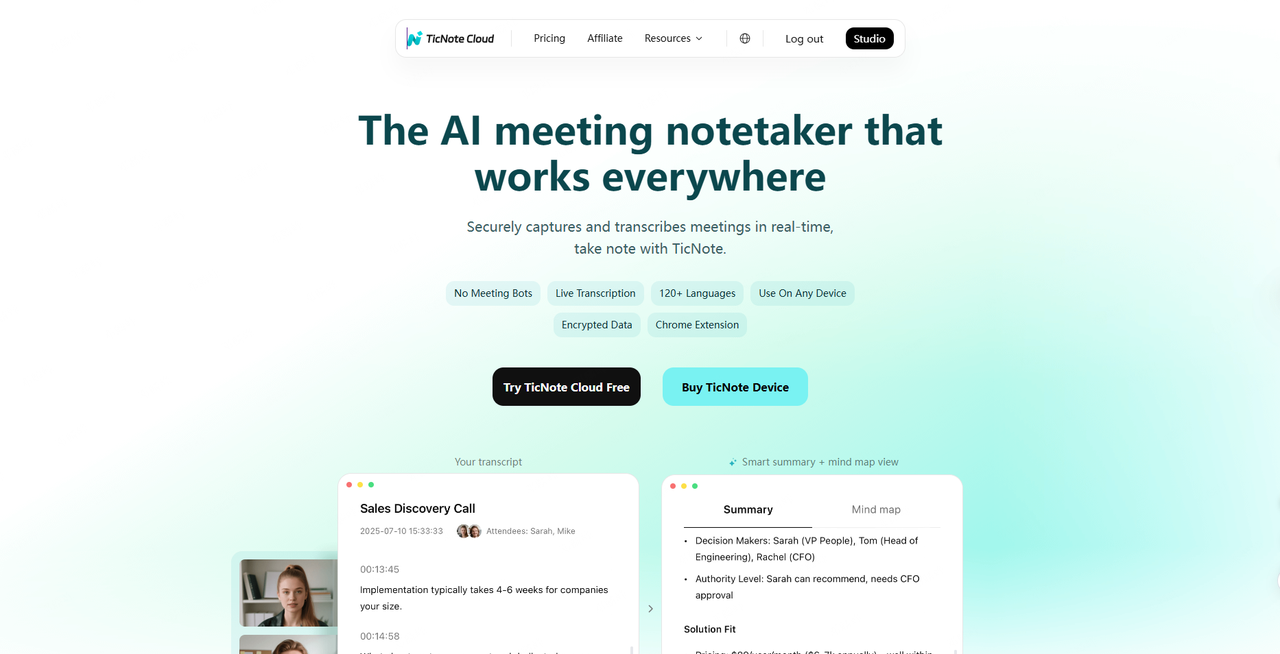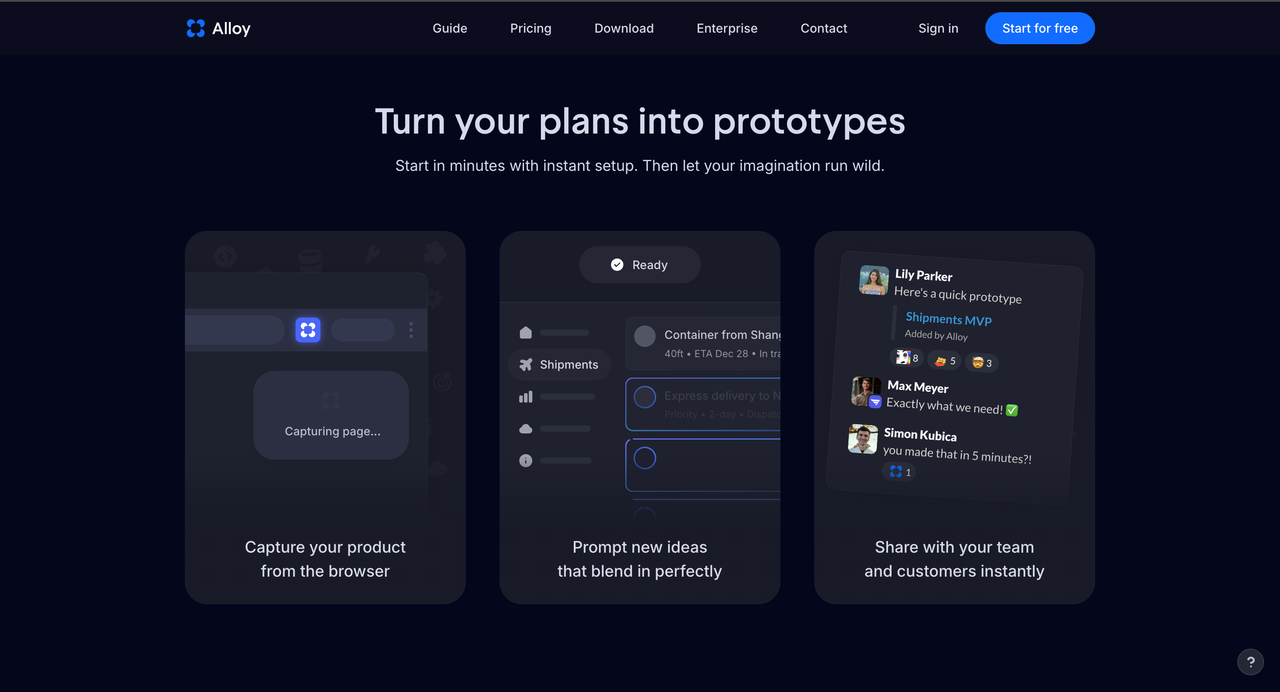Finding Calm in a Digital World: How AI Tools Are Redefining Relaxation
 Imran Khan
Imran Khan 
In today's hyper-connected world, our phones, laptops, and endless notifications keep us in a constant state of mental alertness. While technology has improved our productivity, it has also contributed to higher stress levels, shorter attention spans, and poorer sleep quality.
Ironically, the same technology that disrupts our peace is now offering solutions to restore it. Artificial Intelligence (AI) is emerging as a powerful ally in helping people relax, unwind, and maintain mental balance — and it's doing so in ways that are personalized, accessible, and surprisingly effective.
The relaxation industry — from meditation apps to sleep aids — is undergoing a transformation. By using AI to adapt experiences to individual needs, these tools are creating a new era of personalized digital wellness.
1. AI-Powered Meditation and Mindfulness
Traditional meditation apps offer pre-recorded sessions, but AI takes mindfulness a step further. Instead of static playlists, AI-driven meditation tools can:
- Analyze your mood, stress levels, and time of day to recommend the most effective session.
- Adjust session length dynamically based on your available time.
- Change background music or sound effects in real time depending on your progress.
For instance, some AI meditation assistants can detect if your breathing pattern slows during a session and respond by gradually lowering background volume to deepen your relaxation state.
A 2023 meta-analysis in JMIR Mental Health found that personalized mindfulness interventions led to significantly higher engagement and stress reduction compared to generic programs 1.
2. Adaptive Soundscapes for Stress Relief
Sound plays a major role in relaxation — whether it's ocean waves, forest ambience, or white noise. AI-powered sound generators create customized sound environments based on user preferences, environment, and even biometric data.
These adaptive systems can:
- Use microphone input to detect surrounding noise levels and adjust playback volume accordingly.
- Shift frequency ranges to mask distractions more effectively.
- Combine nature sounds, music, and binaural beats for optimal relaxation.
Some advanced AI soundscape platforms can generate infinite, non-repeating compositions that evolve in real time, avoiding the "loop fatigue" common with pre-recorded tracks.
3. AI Virtual Wellness Assistants
Think of an AI relaxation coach that lives on your phone, smartwatch, or smart speaker. These assistants use natural language processing and data from your daily routine to offer gentle reminders and personalized relaxation techniques.
For example:
- At midday, it may suggest a 2-minute breathing exercise to recharge your focus.
- After detecting a stressful meeting on your calendar, it might prompt a short guided meditation.
- In the evening, it could recommend a wind-down routine to improve sleep quality.
Unlike traditional reminders, AI wellness assistants adapt to your patterns — meaning they get better at supporting your relaxation over time.
4. AI-Driven Sleep Optimization
Poor sleep can undo even the best relaxation habits. AI sleep technologies can track sleep stages, movements, breathing, and environmental factors to recommend improvements.
These tools often work alongside relaxation aids by:
- Suggesting calming activities before bed (e.g., gentle stretching or guided meditation).
- Monitoring your sleep onset latency (how long it takes to fall asleep) and adjusting relaxation recommendations accordingly.
- Modifying white noise or ambient sounds during the night to maintain deep sleep.
Some smart sleep devices even use AI to wake you at the optimal point in your sleep cycle, making mornings less groggy and more energized.
5. The Science Behind AI and Relaxation
AI's role in relaxation works because it combines biometric data with behavioral insights. By measuring indicators like heart rate, respiration, and skin temperature, AI can:
- Detect stress earlier than our conscious awareness.
- Match interventions (like soundscapes or guided breathing) to physiological states.
- Track progress over time to refine recommendations.
The result is a closed-loop system where AI is constantly learning from your body's responses to create more effective relaxation strategies.
6. Popular AI Relaxation Tools and Trends
The AI relaxation market is expanding rapidly, with products designed for different lifestyles:
- AI Meditation Apps — Personalized sessions, adaptive background sounds, and mood tracking.
- Wearable Stress Monitors — Devices that detect stress and send alerts to take micro-breaks.
- AI Sleep Aids — Smart pillows, mattresses, and noise machines that adapt in real time.
- VR + AI Mindfulness — Immersive virtual environments combined with AI personalization.
Industry analysts project that AI-driven wellness and relaxation tools will be a multi-billion-dollar segment by 2030 2.
7. Accessibility and Affordability
One of the biggest advantages of AI relaxation tools is how accessible they are. Where once relaxation programs required in-person sessions with coaches or therapists, AI now offers:
- 24/7 availability.
- Costs as low as $5–$15/month.
- Compatibility with devices you already own.
This democratization of relaxation means more people can access science-backed stress management without the barrier of high costs or limited availability.
8. Ethical and Privacy Considerations
Because AI relaxation tools often process sensitive biometric and emotional data, privacy is critical. Look for solutions that:
- Offer clear data privacy policies.
- Allow you to control data sharing.
- Use encrypted data storage.
The World Health Organization emphasizes that while AI holds great promise in wellness, strong governance is essential to maintain trust 3.
9. How to Choose the Right AI Relaxation Tool
When selecting an AI relaxation solution, consider:
- Your primary goal — Is it stress reduction, better sleep, or general mindfulness?
- Integration — Can it sync with your existing wearables or apps?
- Level of personalization — Does it adapt over time?
- User feedback — Check reviews for real-world performance.
For example, if your main challenge is sleep, choose a tool that combines AI relaxation aids with sleep tracking and optimization. If stress is your biggest issue, opt for a wearable-integrated mindfulness app.
Final Thoughts
AI isn't just making our devices smarter — it's making our lives calmer. By personalizing relaxation practices, adapting to our needs in real time, and making stress management more accessible, AI is redefining what it means to unwind in a fast-paced world.
The best part? These tools learn and grow with you, meaning your relaxation plan gets more effective the longer you use it. Whether you're looking to improve focus, sleep better, or simply carve out a few moments of peace each day, AI-powered relaxation technology is here to help you breathe easier — literally and figuratively.
Featured Tools
Nectar AI
Dive into immersive roleplay adventures and personalized scenarios tailored exactly to your desires.

TicNote Cloud
From real-time meeting transcription to multilingual summaries and knowledge insights, our AI note taker helps you organize, share, and never miss what matters.

Alloy
Alloy AI Prototyping